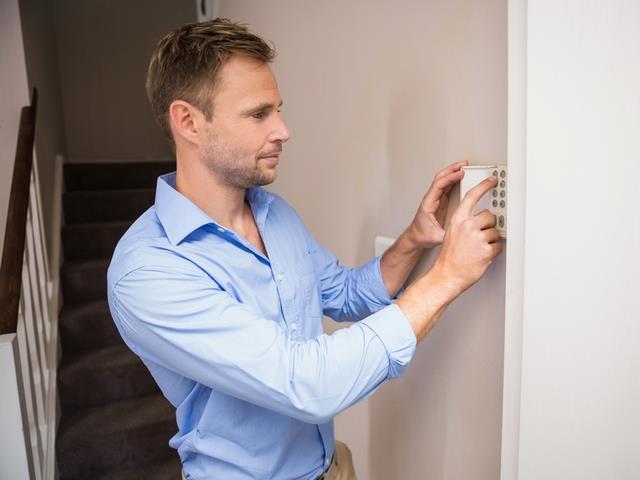A home invasion is a scary situation and one we all want to prevent. So, what’s the most effective way to not become a statistic?

Charnel Hattingh, National Marketing and Communications Manager Fidelity ADT, offers these tips:
1. Home maintenance
Trim trees and shrubs so that they cannot be used as a hiding place, and ensure that the yard, pathways and dark corners are well lit. Check your burglar bars and security gates for rust or weak spots as these weak spots can be easily broken or forced open.
2. Check your alarm system
Be sure that the household - including domestic staff - know when and how to use the alarm system and panic buttons if these are installed. They should also know who to call in an emergency - make a list of contact numbers and post them on or near a phone. If you have not been informed of the arrival of delivery people or service providers, do not open the door, even if they insist that they have an appointment.
3. Make sure the alarm system is armed overnight or when anyone is home alone
If possible, lock interleading doors to rooms that are not used overnight and keep a cell phone at the bedside in case of an emergency. Keep your panic button with you at all times.
4. Check your security features often
This includes testing your alarm and panic buttons at least once a month. It also includes walls, gates, and any entry points on your property and house.
5. Get to know you neighbours
Neighbours are often the ones to notice something amiss in your neighbourhood and on your property. Join your local neighbourhood watch. There is a significant reduction of incidents of break-ins and home invasions where community groups are active.
What should you do during a home invasion?
In the unfortunate event that a criminal is able to force their way into your home, Hattingh’s advice is to stay as calm as possible and to try to evaluate the situation.
“Unless you feel you are facing an imminent life-and-death situation, don’t fight back. As hard as it may be, accept your situation and give your assailants time to take any material possessions they want. Speak only if spoken to and then try to keep your answers short and to the point,” she says.
“Be conscious not to stare at the assailants, but try nevertheless to get a good look at them and memorise their physical details and clothing. Listen for any names or other details that might help identify them later.”
Generally speaking, Hattingh says the first few minutes of a home invasion are the most dangerous. Try to remain calm and quiet. If you are not threatening, the assailants can concentrate on their goals and leave.
She says you should speak to your family member and staff about possible scenarios so they can be aware of what to do should they ever find themselves confronted with a home invasion.








